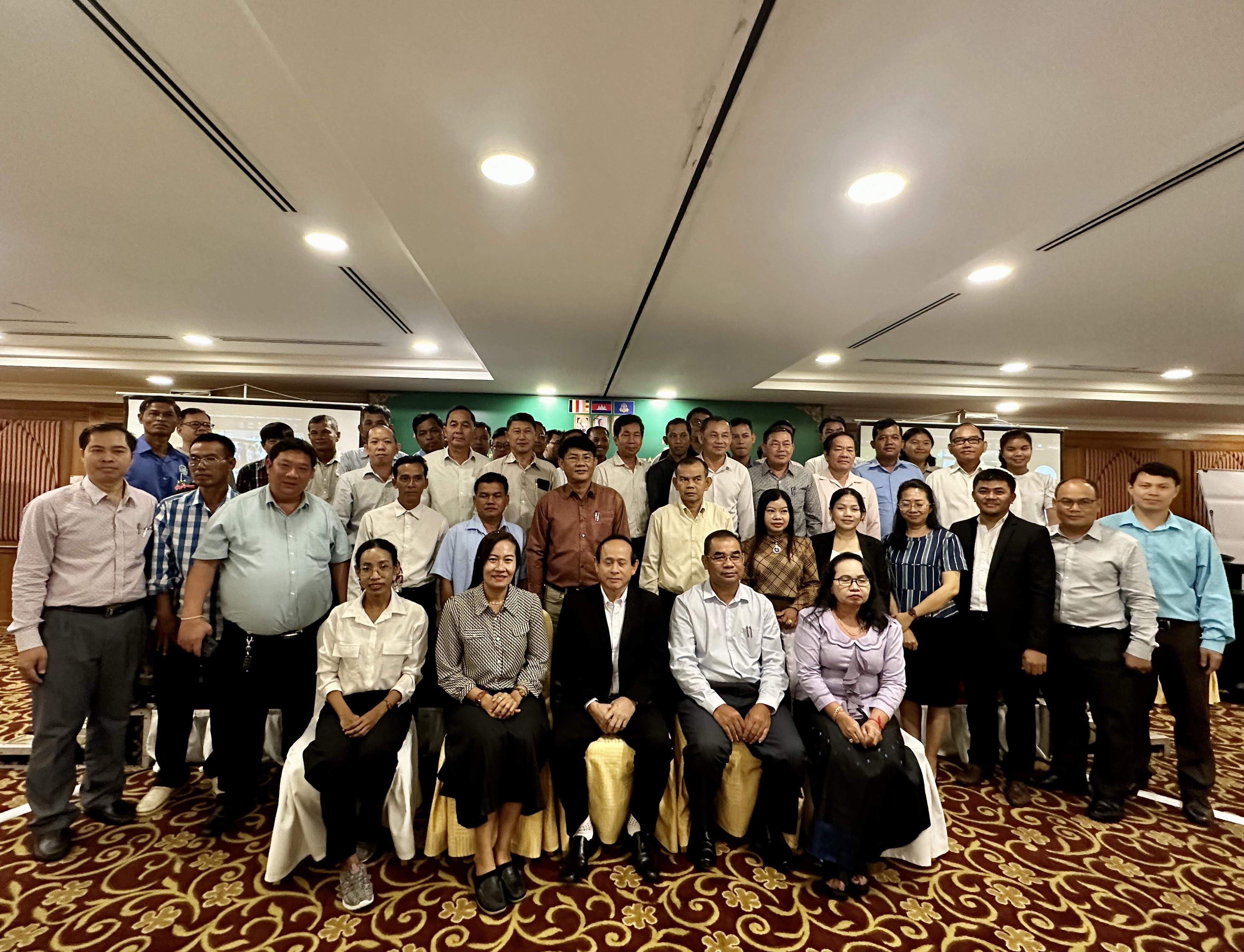Article by Dr Anthony Akunzule, Executive Director of Ghana Poultry Network and coordinator of VSF/VWB Canada projects in Ghana.
In October 2021, I worked with the A4AH coalition to make the case for the G20 to recognise why animal health and animal welfare systems that support it are vital to the implementation of a One Health approach and to support sustainable development. As a former deputy director for Ghana’s veterinary services and current director for the Ghana Poultry Network, I can tell you first-hand that healthy animals mean so much to Ghana’s rural communities.
The connection between people and animals
Healthy animals support livelihoods, food security /nutrition and help to build harmony between us and our environment. In our rural areas, animals and people live together closely. People often share water sources with animals, and live close to parks and wetlands where many wild animals roam and can harbour diseases that can be transmissible from animals to humans. This makes rural areas hotspots and areas of high risk factors for disease outbreaks.
Countless numbers of rural women and men rely on healthy animals for an income. At this moment, around 58% of chicken farms are in rural areas, providing food worldwide. Livestock also provide fertiliser for crops, and help communities become resilient to climate-related shocks such as drought and crop failures.
One Health recognises the interconnectedness between humans, animals and the environment, and aims for optimal health for all three. But for many people in Ghana, it’s not a new concept by any means. Some traditional beliefs in rural communities are often centred on the relationship between animals, humans and the environment. For instance, some rivers, stones and trees are protected and there are sacred groves, and all these are not only protected but worshipped.
The repercussions of weak infrastructure
Rural communities are already practicing a One Health approach in their daily lives. But governments need to bring in the right infrastructure to make the most of its transformative potential. Weak animal health infrastructure poses huge risks to people’s livelihoods, food security and their health .
For instance, we have only 63 veterinary officers across the whole country, when we need 683 to meet demand as reported by the Veterinary Service Directorate of the Ministry of Food and Agriculture in September 2021. This impacts the ability of communities to report diseases or access animal health services in terms of safe vaccines and affordable and reliable sources of veterinary medicines, and therefore increases the number of disease outbreaks.
We must improve communications infrastructure too, so that communities can report diseases. In some rural areas, you have to stand on top of a tree or a particular spot in the community in order to get any phone signal!
This lack of animal health professionals leaves the door open for ‘quack’ veterinary practitioners. Not only does this mean that animals suffer, it increases the risk of zoonotic diseases that impact people’s health as well as non-zoonotic diseases that impact livelihoods – not to mention increasing the risk of antimicrobial resistance, which is a growing menace of public health issue.
Just from July 2021 to September 2021, we had an outbreak of avian influenza in 69 chicken farms, resulting in the deaths of hundreds of thousands of birds as reported by the Veterinary Service Directorate . And one woman in the Doba community told me, during another disease outbreak the local community could not access any animal health services at all and all the community’s chickens, pigs, sheep and goats died.
What must happen now
To make One Health a reality in Ghana, it is imperative that we improve the animal health infrastructure. That means training community animal health workers and incentivising animal health professionals to take up postings in rural areas. My organisation, GAPNET, alongside Vets Without Borders Canada, plan to train 90 community animal health workers in seven years – and we need the government to follow suit.
These problems are not unique to Ghana. The picture I have painted here is the same or even worse in other lower income countries across Africa and other parts of the world. Governments, the G20 and the G7, development partners and philanthropists need to invest significantly to improve animal health systems and protect animal welfare if the world is to achieve the UN Sustainable Development Goals by 2030.





